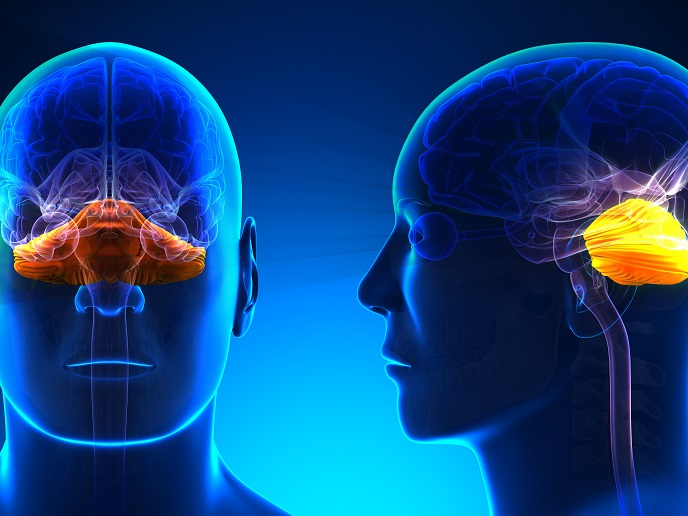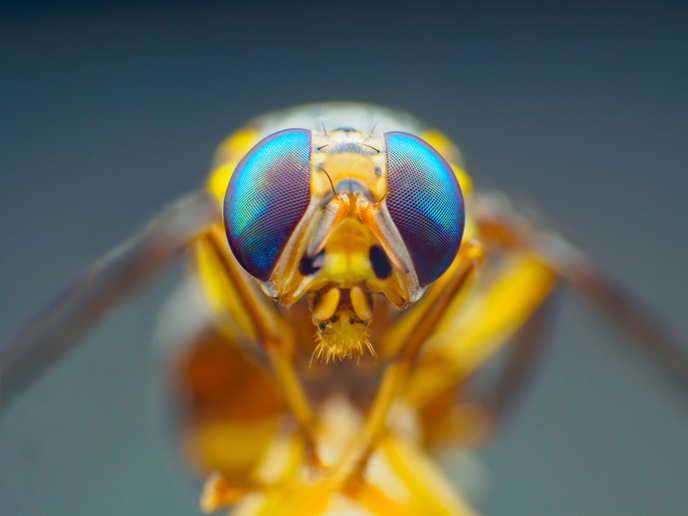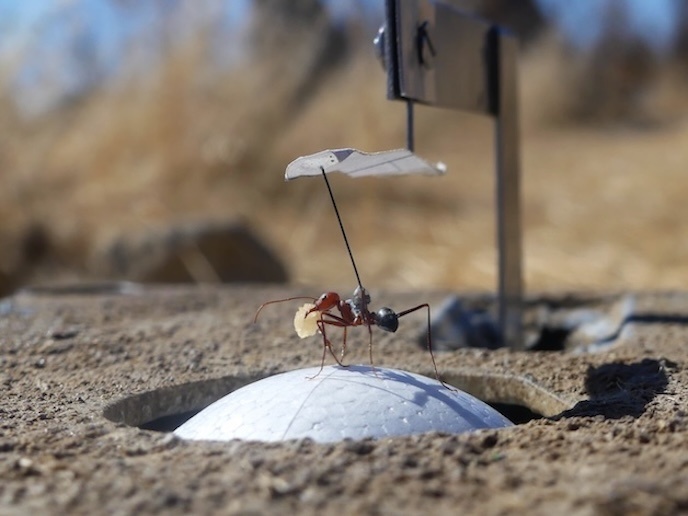Illuminating the role of the cerebellum in cognitive learning
The cerebellum, or ‘little brain’, is a small structure at the back of the brain that receives and processes sensory information,and is involved in a range of motor skills and complex movements. In humans, damage to the cerebellum around birth is associated with a higher risk of developing autism spectrum disorder. Studying it further could therefore help us better understand the complex neuronal differences in people with autism. “We aimed to study the contribution of the cerebellum to cognition, learning, and sensory processing. To start, we wanted to study how the cerebellum contributes to learning a cognitive task in mice,” explains Marlies Oostland(opens in new window), assistant professor in Cellular and Circuit Neuroscience at the University of Amsterdam(opens in new window) and NeuroTick project coordinator. The mouse model was intended to exhibit reduced output from the cerebellum, however the results suggested improved learning. “We had in fact shown in a mouse model of autism enhanced specific skills,” says Oostland. “This made us think of autism spectrum disorder not so much as a disorder but as a variation that, in particular niches, can be adaptive.”
Putting mice to the learning test
In the EU-funded NeuroTick project, undertaken with the support of the Marie Skłodowska-Curie Actions programme(opens in new window), the team carried out a well-known decision-making experiment. Mice receive puffs of air on their left and right whiskers, and must correctly lick in the direction of the side that received a higher number of puffs to get a reward. The NeuroTick team trained several groups of mice on this task, including: some mice with reduced cerebellar output; wild-type mice receiving stronger air puffs; some mice whose air puffs were paired with remote, intermittent activation of Purkinje cells – intricate neurons in the cerebellum; and others with continuous activation of their Purkinje cells. The researchers also monitored behavioural responses in the mice, carried out computational analysis to identify hidden behavioural states as the animals went through training, and recorded various brain areas while also manipulating cerebellar output.
A series of experiments with unexpected results
The team expected that the mice with reduced output in the cerebellum would not learn the task at all. “However, to our surprise, the mutant mice learned faster,” adds Oostland. In follow-up experiments, the team found further counter-intuitive results, suggesting that both reduced output and increased activity of the cerebellum can improve learning. “Based on our results, we propose that the cerebellum regulates sensory reactivity at a brain-wide level to regulate task persistence and learning,” explains Oostland. The full study was published as a preprint(opens in new window) on the bioRxiv server.
Continuing the research, by tickling rats
Oostland now plans to study learning and sensory processing in more naturalistic and social settings, specifically during play. “Initially, we will tickle rats to study surprising events, while we record neuronal activity from the cerebellum and associated forebrain areas,” she says. While the team set out to understand how the cerebellum responds to surprising events, in the end the results themselves were surprising – and led to new avenues of research. “It is one of the reasons why I find science so exciting: as you are pushing the boundaries of knowledge, your original hypothesis may be proven wrong by the data. I am proud that we were able to follow the clues,” she concludes.







